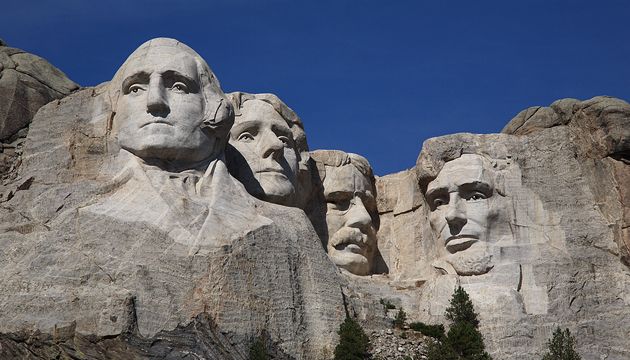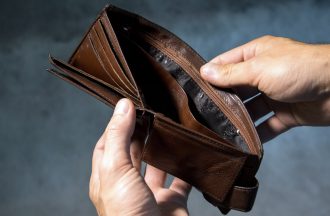
U.S. Presidents, Small Business, and Entrepreneurs
If there is one thing that presidents are good at, it is talking about how important small business and entrepreneurship are to the American economy. But were any of them actually responsible at any point, for running their own small businesses? You’d think that all of them were, based on the things they say while in office or on the campaign trail. Consider this small sampling of quotable quotes:
Barack Obama: “I think Ronald Reagan. .. tapped into [the fact that people wanted] a return to that sense of dynamism and entrepreneurship that had been missing.”
George W. Bush: “Prosperity results from entrepreneurship and ingenuity.”
Ronald Reagan: “Entrepreneurs and their small enterprises are responsible for almost all the economic growth in the United States.”
Calvin Coolidge: “The chief business of the American people is business.”
So it turns out that yes, many of our presidents were in fact small business owners, but some sure were more successful than others.
What We Can Learn From Presidents Who Were Also Business Owners
Certainly our first presidents had, if not small businesses, at least then an entrepreneurial bent. Prior to leading the continental army, George Washington was a farmer. John Adams, James Madison, and James Monroe were all lawyers (among other occupations), and take it from me, that too constitutes owning and running a small business.
But it was really with the advent of the presidency of Andrew Jackson (1829-1837) that a president actively courted and promoted small business. Jackson railed against the power of the big banks of the time (The Bank of the United States) and as a populist, he actively fostered small business and entrepreneurship, which was maybe not surprising since his early career was as a “frontier lawyer.”
While many people know that Abraham Lincoln was also a lawyer, what they may not know is that he was most definitely an entrepreneur too, if not the most successful one. In 1833, Lincoln and William Berry opened a general store (with Lincoln going into debt to finance his share of the business). The business failed a year later and Lincoln’s possessions were seized by the sheriff. (Noteworthy: When his ex-partner Barry died shortly thereafter, Lincoln assumed Barry’s debts too, even though he did not have to, and eventually paid them all off.) In addition…
- Lincoln co-owned a law practice.
- Lincoln created an invention and received a patent
Warren G. Harding (1921-1923) was quite the entrepreneur. He bought a newspaper that was going out of business when he was only 19 (although he had to borrow his share of the $300 total paid). Not long after, the paper, the Marion Star, became so successful that it earned income for Harding for the next several decades while he was off running for office.
In 1921, Franklin Roosevelt contracted polio and lost the use of his legs. After hearing about a boy who regained the use of his legs using a hydrotherapy treatment program in Warm Springs, Georgia, FDR worked to raise funds and turned the spa into a healing center for polio victims. The effort culminated in the creation of the Roosevelt Warm Springs Institute for Rehabilitation.
Harry Truman (1945-1953) was famously a haberdasher before becoming president, but the truth is a little more interesting. After serving in World War I, Truman opened a clothing store in Kansas City, but after a successful run, the store fell on hard times and eventually went bankrupt.
Similarly, Jimmy Carter was known as “the peanut farmer from Georgia” but the truth is again far more interesting. After a stint in the Navy, Carter took over the family peanut farm yes, but it turned out that he was also a savvy businessperson and eventually grew that small farm into a multi-million dollar business that included warehouses, a peanut-shelling plant, and farm equipment supplies.
Upon his election to the presidency, Carter put the business in a trust, only to find he was almost broke once he left the White House four years later. Again his entrepreneurial skills helped when he turned things around again, becoming a best-selling author and speaker, founding the Carter Center, and becoming a millionaire in the process.
Even More Recently, Both President Bushes Were Entrepreneurs
- Bush the elder started the Bush-Overby Oil Development company in 1951 and soon thereafter co-founded the Zapata Petroleum Corporation; a venture that later made him a millionaire.
- George W. Bush, while not nearly as successful as his father in the oil business, invested $800,000 in the Texas Rangers baseball team and later sold that share for $15 million.
Bill Clinton did not enter or leave the office rich, but his estimated wealth today tops $100 million, mostly from speaking fees, and you bet, speakers are small business owners too.
So maybe it is not surprising that our presidents speak so often about small business – they know the joys, and sorrows, that come with it.








